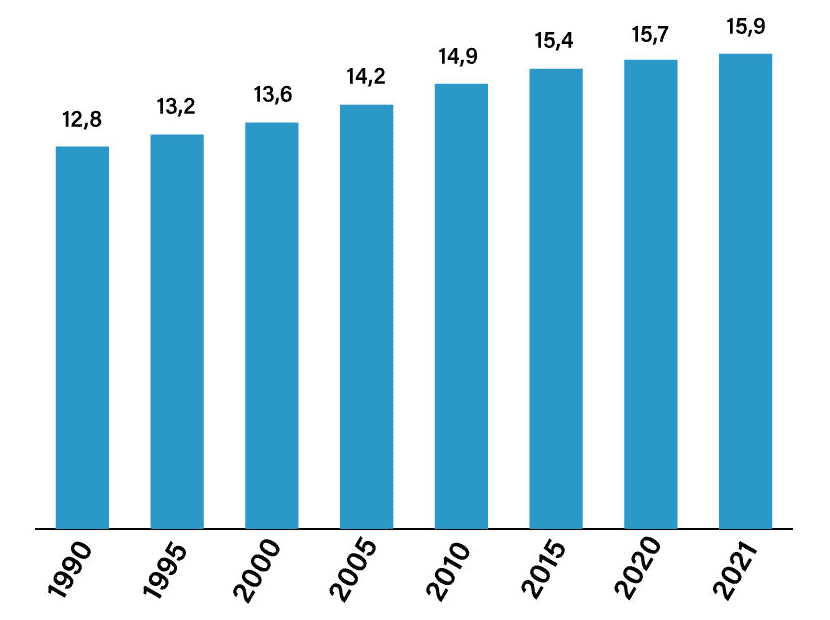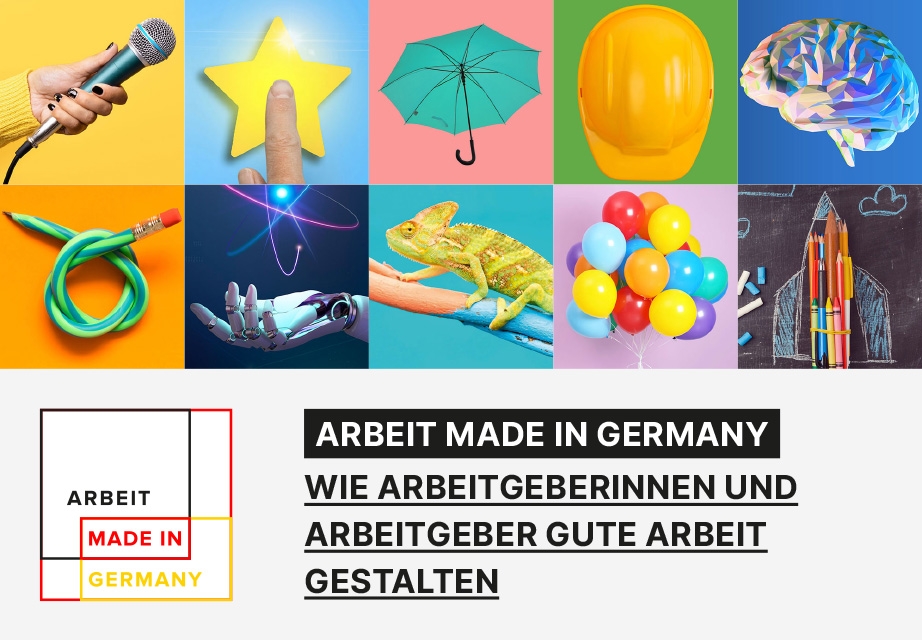Clearing the way for a new financing system
To ensure that health insurance remains efficient and affordable in the future - especially in view of demographic developments and medical-technical progress - we need far-reaching and sustainable structural reforms that address both the financing and the benefits side. On the financing side, income-independent healthcare premiums are the best way to achieve this. On the benefits side, the most important thing is to intensify competition and focus the catalog of tasks on basic coverage.

©AdobeStock F
The central reform step must be the complete decoupling of health cost financing from the employment relationship. The best way to achieve this is to change the financing to income-independent healthcare premiums with payment of the employer's share in the gross salary and tax-financed social compensation for those on low incomes. In such a health premium model, neither wage and salary increases nor premium increases can lead to higher additional personnel costs. Social equalization can be organized more precisely and transparently via the tax and transfer system than via statutory health insurance. The necessary redistribution volume can thus be reduced. The current wage-based contributions act like a punitive tax on work.
Strengthening competition and expanding personal responsibility
Needs-based, quality-assuring and cost-effective structures and services in the healthcare sector require competition-oriented management processes and scope for action for all market participants. The expansion of competitive elements is one of the most effective means of limiting the development of expenditure, in particular to avoid inefficiency in the provision of services and in organizational structures as well as false incentives for insured persons and service providers. What is therefore primarily required is more contractual freedom for the health insurance funds when negotiating prices, volumes and quality with service providers - in compliance with antitrust and competition law regulations - as well as greater scope for the health insurance funds to offer different forms of care to the insured.
A state-organized healthcare system financed by compulsory contributions can only remain efficient and financially viable if it is limited to basic coverage. The aim should be that only those services are financed that are necessary, evidence-based and economically viable. Co-payment also creates incentives for health-conscious and cost-conscious behavior on the part of the insured and takes account of the principle that social insurance should only provide benefits that individuals cannot bear themselves, in accordance with the principle of subsidiarity. Upper limits prevent individual overburdening. A state-organized healthcare system financed by compulsory contributions can only remain efficient and financially viable if it is limited to basic coverage. The aim should be that only those services are financed that are necessary, evidence-based and economically viable. Co-payment also creates incentives for health-conscious and cost-conscious behavior on the part of the insured and takes account of the principle that social insurance should only provide benefits that individuals cannot bear themselves, in accordance with the principle of subsidiarity. Upper limits prevent individual overburdening.












